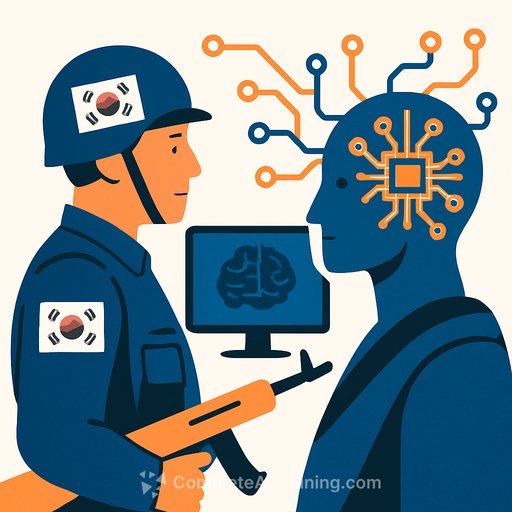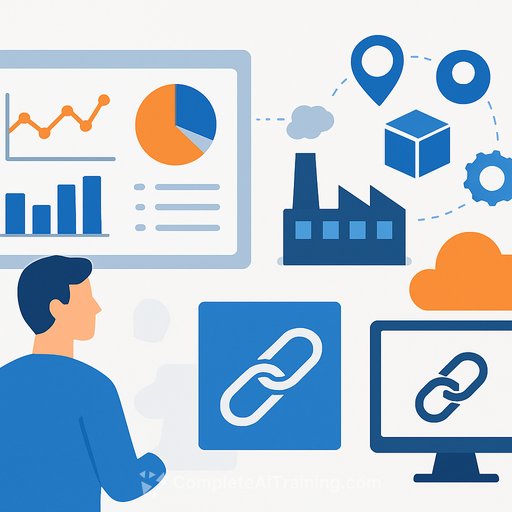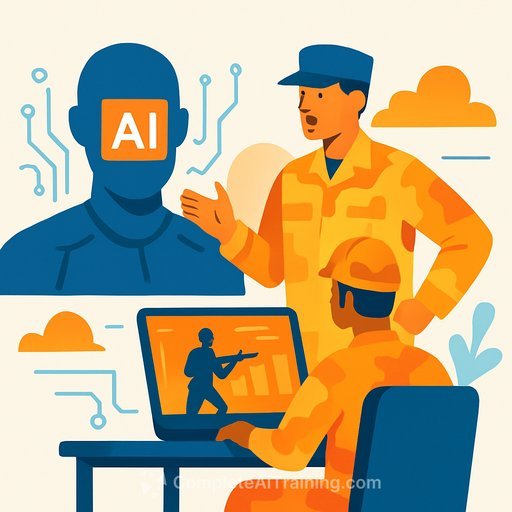South Korea’s Defense Ministry Moves to Broad Adoption of AI Technologies
South Korea’s defense ministry is shifting from a focus on research and preparation to actively adopting artificial intelligence (AI) across its operations. A comprehensive defense AI policy paper is expected by early 2026, signaling a clear commitment to integrating AI into various defense functions.
This change aligns with President Lee Jae Myung’s pledge to use AI as a key driver of economic recovery throughout the country. The ministry recognizes the growing spread of AI technologies across industries and nations, prompting a move to accelerate adoption rather than remain in a preparatory phase.
Initial Focus Areas for AI Implementation
The defense ministry will start with AI applications in areas such as administration, manpower management, and surveillance systems. These areas offer practical entry points for AI to improve efficiency and decision-making without the immediate technical challenges posed by combat applications.
Large-scale combat uses of AI are acknowledged to require more time due to the complexity and technological demands involved. For now, the priority is on adopting AI where it can provide clear operational benefits more quickly.
Why This Matters for Operations Professionals
- AI in administration can streamline workflows, reduce manual errors, and improve resource allocation.
- Manpower management enhanced by AI tools can optimize personnel deployment and training schedules.
- Surveillance systems powered by AI can offer better real-time data analysis and threat detection.
For professionals in operations, staying informed about these developments is crucial. The integration of AI within defense operations signals similar shifts that could impact civilian sectors and industries.
To build relevant skills in AI and automation, explore comprehensive training options like those offered at Complete AI Training’s Operations-focused courses. These resources help professionals prepare for the increasing role of AI in operational environments.
Looking Ahead
South Korea’s defense ministry plan reflects a broader trend of governments accelerating AI adoption in sensitive and complex areas. While combat AI applications need more development, initial AI integration in administrative and support roles is a practical step forward.
Operations professionals should watch these developments closely, as the lessons learned and technologies proven in defense settings often find applications in commercial and civil operations.
Your membership also unlocks:





